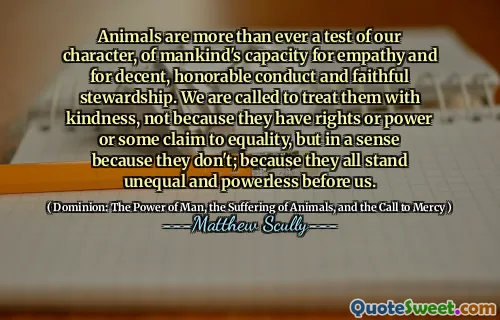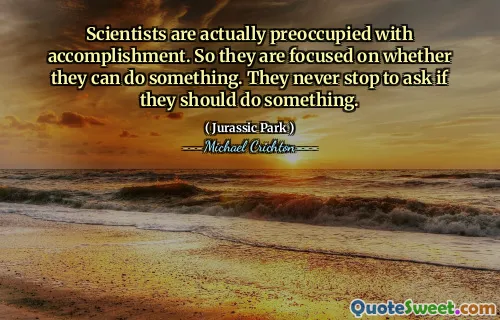
AI might be a powerful technology, but things won't get better simply by adding AI.
This quote captures a fundamental truth about the integration of artificial intelligence into various facets of our lives. While AI holds transformative potential, mere inclusion of AI in systems or processes does not automatically guarantee improvement or success. It serves as a reminder that the true value of AI lies not only in its raw capabilities but also in how thoughtfully and ethically it is implemented.
In many ways, the quote challenges a common misconception: that technology alone is a panacea for complex problems. AI, despite being powerful, is only as good as the human context it is applied within: the data it is trained on, the goals defined by its creators, and the social and ethical frameworks that govern its use. Without careful consideration and purposeful design, the introduction of AI can magnify existing issues such as bias, inequality, or inefficiency instead of resolving them.
Moreover, this statement invites stakeholders — from developers to policymakers — to look beyond the surface excitement surrounding AI. Emphasizing responsible AI development is critical, including transparency, accountability, and continuous evaluation. It stresses that the path to meaningful progress isn't simply buying into the AI hype but embedding AI within a coherent strategy aimed at solving genuine challenges.
In essence, this perspective encourages a balanced view: appreciate AI's power, but recognize that better outcomes depend on human wisdom, ethical practice, and thoughtful deployment. By doing so, society can harness AI as a tool for positive change, rather than a superficial fix that may leave underlying problems unresolved.
—Vivienne Ming—







